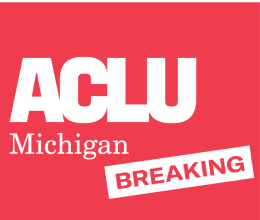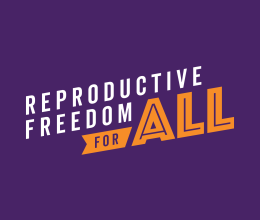Whether and when to have children is about the most deeply personal and intimate decision a person can make. When we chose to start a family many years ago, my husband and I discussed our own health and energy and the state of our relationship and our finances.
As people of faith and stewards of God’s creation, we talked about religious and moral considerations. While we spoke about these personal, intimate questions, I didn’t expect my boss to insist on weighing in on that discussion.
But that’s what's happening to some employees. Some business owners are claiming that including birth control in their employees’ health insurance benefits in compliance with the Affordable Care Act would violate their religious freedom – even when their employees do not share their beliefs.
This refusal has real consequences. After a series of miscarriages, my aunt and uncle made the difficult decision to use birth control despite the position of their church on the issue. After being cautioned about the potentially dire consequences of another pregnancy, my aunt recognized that contraception was essential to her continued health.
I do not think most people would say her boss had a right to participate in that discussion.
Contraception is a key part of women’s health care. Excluding it from health insurance coverage burdens women alone with its excessive cost, despite the positive impact family planning has on the health and financial security of both mother and family. As in my aunt’s case, contraception can protect a woman’s life. Sometimes it is prescribed for acne, migraines, or endometriosis – will it be excluded for those purposes, too?
As a person of faith, it is offensive to me that some employers believe that their religious faith and beliefs deserve greater consideration than their employees. Why should one set of beliefs prevail over another?
If employers are allowed to refuse contraception, what will be the limit of employer-driven exclusions? Some religious faiths refuse blood transfusions: would they be permitted to refuse to cover employees' lifesaving health needs? Could a religious teetotaler refuse to cover illnesses or injuries arising out of alcohol use?
Employees don't give up their personal morals when taking a job. They are entitled to make their own health care decisions according to their own beliefs and values.
That's the law: the Affordable Care Act says that comprehensive health insurance must include contraception. Making sure this law is followed doesn't violate employer's religious freedoms, it simply honors the religious beliefs and health decisions of individual employees and their families.
By Pat Selby, cooperating attorney



